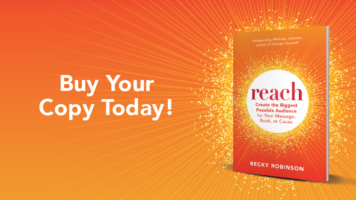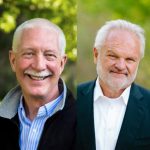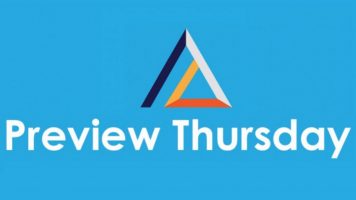Preview Thursday: The Essentials of Theory U
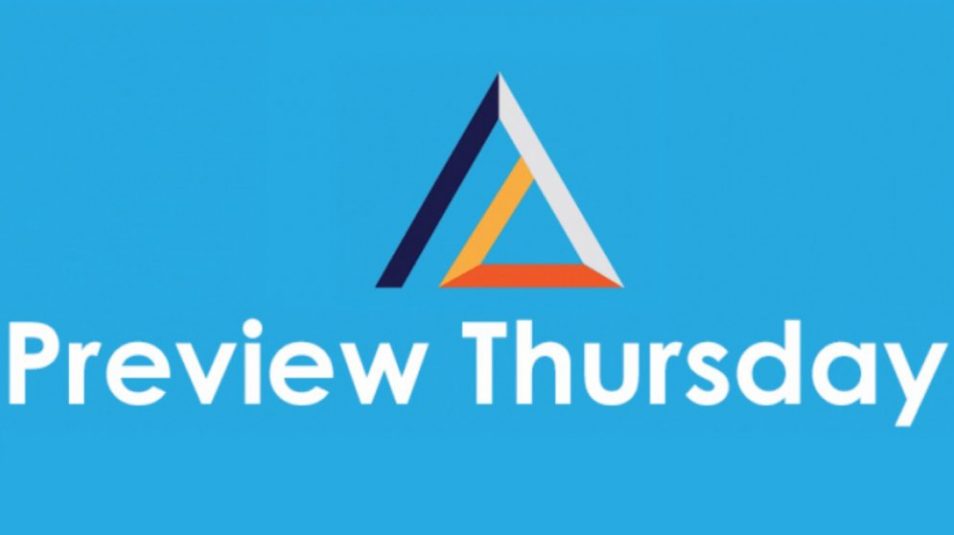
The following is an excerpt from The Essentials of Theory U
Three Divides
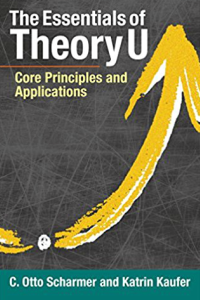
Today, if we look into the abyss, we see three major divides. They are:
• The ecological divide: unprecedented environmental destruction—resulting in the loss of nature.
• The social divide: obscene levels of inequity and fragmentation—resulting in the loss of society—the social whole.
• The spiritual divide: increasing levels of burnout and depression—resulting in the loss of meaning and the loss of Self. With the capital ‘S’ Self I mean not the current ego self but the highest future potential.
The ecological divide
The ecological divide can be summed up by a single number: 1.5. Currently our economy consumes the resources of 1.5 planets. We use 1.5 times the regeneration capacity of planet Earth. And that is just the average. In the United States, for example, the current consumption rate has surpassed five planets.
The social divide
The social divide can be summed up by another number: 8. Eight billionaires own as much as half of mankind combined. Yes, it is true. A small group of people that you can fit into a minivan owns more than the “bottom half” of the world’s population: 3.8 billion people.
The spiritual divide
The spiritual divide can be summed up by the number 800,000. More than 800K people per year commit suicide—a number that is greater than the sum of people who are killed by war, murder, and natural disasters combined. Every forty seconds there is one suicide.
In essence, we are collectively creating results that (almost) nobody wants. These results include the loss of nature, the loss of society, and the loss of Self.
In the nineteenth century many countries saw the rise of the social divide as a major issue, and it has shaped our public awareness ever since. In the twentieth century we saw the rise of the ecological divide, particularly during the last third of the century. It too has shaped our public awareness.
And at the beginning of the twenty-first century we are seeing the rise of the spiritual divide. Fueled by the massive technological disruptions that we have experienced since the birth of the World Wide Web in the 1990s, advances in technology will replace about half of our jobs by 2050. We are now facing a future that “no longer needs us,” to borrow the words of computer scientist and co-founder of Sun Microsystems Bill Joy, and that in turn forces us to redefine who we are as human beings and to decide what kind of future society we want to live in and create.
After the various types of tyrannies that we saw throughout the twentieth century, are we now moving into a tyranny of technology? This is one of the questions we face when we look into the abyss. In other words, we live in a time when our planet, our societal whole, and the essence of our humanity are under attack. That may sound a bit dramatic. Still, I believe it understates the significance of our current moment.
So where is the hope?
The biggest source of hope in our time is that more and more people, particularly the younger population, realize that the three divides are not three separate problems. They are essentially three different faces of one and the same root issue.
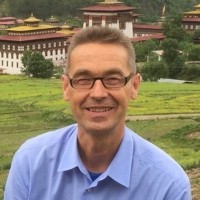
Otto Scharmer is a Senior Lecturer at MIT and co-founder of the Presencing Institute. He chairs the MIT IDEAS program for cross-sector innovation that helps leaders from business, government, and civil society to innovate at the level of the whole system.
He is the author of Theory U (translated into 20 languages) and co-author of Leading from the Emerging Future, which outlines eight acupuncture points of transforming capitalism. His latest book, The Essentials of Theory U: Core Principles and Applications, illuminates the blind spot in leadership today and offers hands-on methods to help change makers overcome it through the process, principles, and practices of Theory U.
In 2015, he co-founded the MITx u.lab, a massive open online course for leading profound change that has since activated a global eco-system of societal and personal renewal involving more than 100,000 users from 185 countries. With his colleagues, he has delivered award-winning leadership development programs for corporate clients and co-facilitated innovation labs on reinventing education, health, business, government, and well-being.

